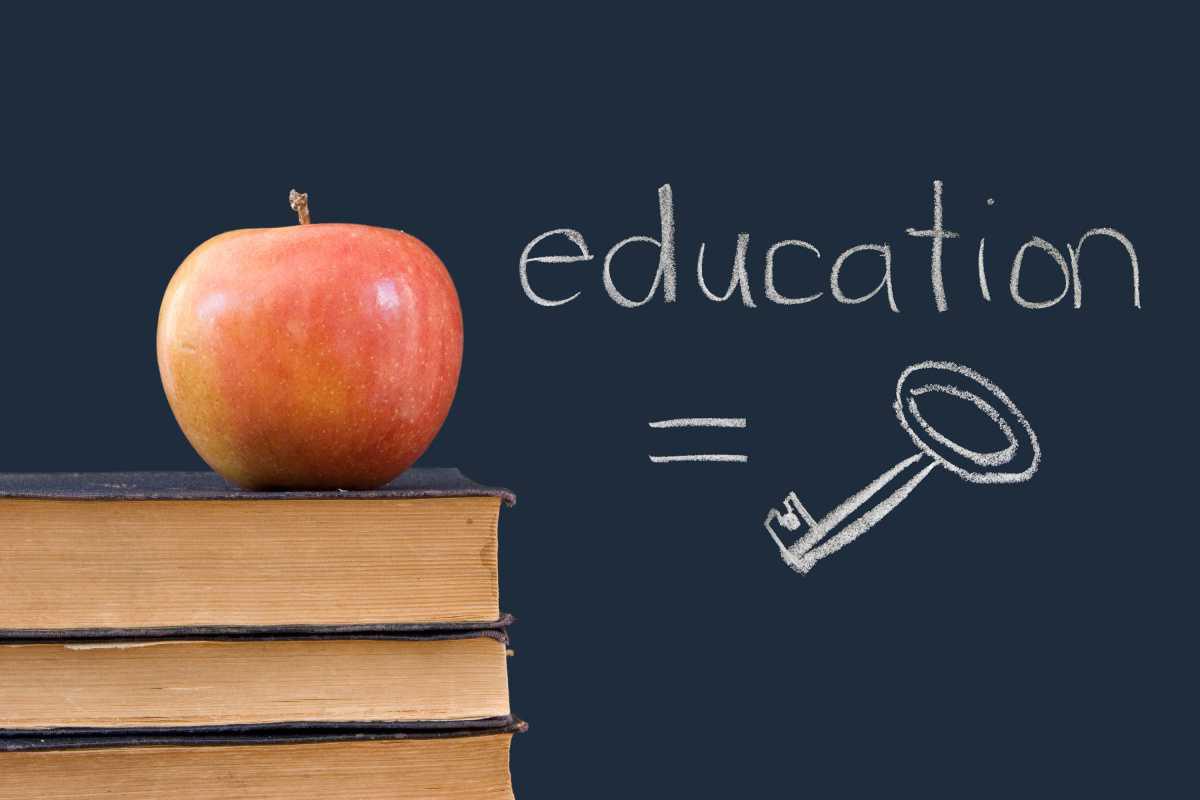Every youth has the right to be in school and to be learning! Sometimes youth benefit from additional supports during high school. You may need to do an assessment at school to set you up with a school program that will help you succeed.
If you qualify for special education services, the school will set up meetings called Individual Evaluation Plan (IEP) meetings. These meetings include teachers, foster parents, social workers, your caseworker and others who want to help you succeed in high school.
If you receive special education services, you will be assigned a “Surrogate Parent”—someone designated by the Department to advocate for you and your education plans— this is usually your foster parent.
You should attend your IEP meetings and let them know what is important for you to succeed in your educational program!
If you are struggling at all in school, you may want to talk with the Keeping Maine’s Children Connected (KMCC) Liaison in your school—this is a person in each school district who will help you stay in school or get back in school. The KMCC Liaison knows the education laws, school staff, and community providers who can help you with communication, planning, and accessing services.
Maine also has policies and laws in place to help you get your high school diploma if your experience has been considerably disrupted by homelessness, hospitalization, foster care, out-of-district placement, or youth development center placement. Learn more at this site: www.maine.gov/education/disruption/index.shtml.
You might be able to get additional help with tutors, special education classes, social workers, modified workload, and classes that better meet your needs.
Remember, it is very important that you talk with your caseworker, foster parents, teachers, KMCC Liaison, or other trusted adults if you are struggling in school.
“Every kid in care who has graduated from high school has worked just as hard, if not harder to succeed. We all deserve the same opportunity as any other kid, and we need the help of the state to make this happen.” Josh B.



